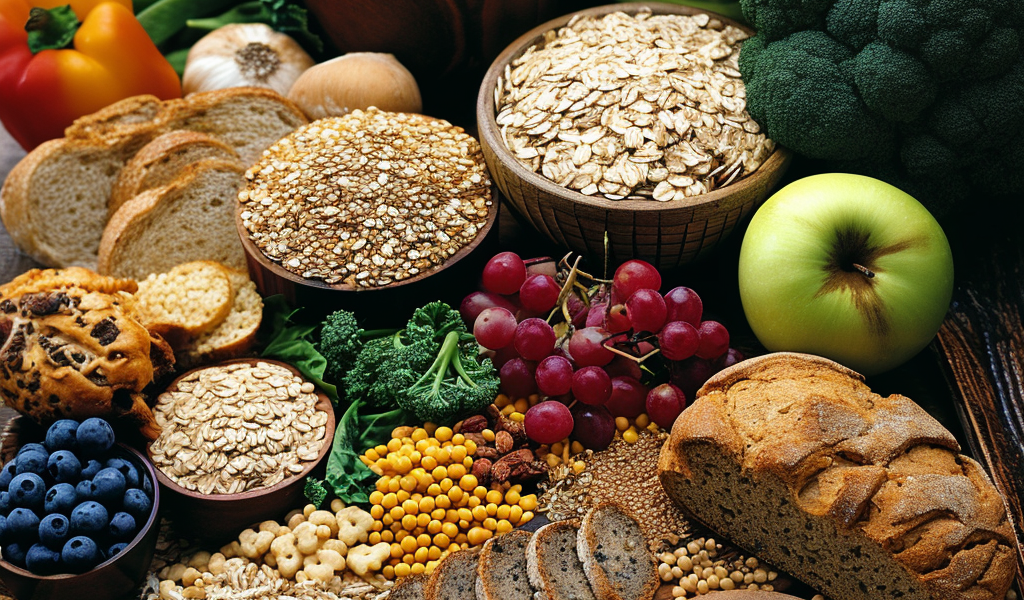Carbohydrates have long been considered a dietary enemy for people with diabetes, but recent research suggests that not all carbs are created equal. In fact, some so-called ‘bad’ carbs may actually offer benefits for managing blood sugar levels. According to the American Diabetes Association, there are specific types of carbohydrates that can be incorporated into a diabetes-friendly diet while others should be limited or avoided.
Simple carbohydrates, commonly found in processed foods like white bread and sugary drinks, are quickly absorbed into the bloodstream, causing rapid spikes in blood glucose levels. On the other hand, complex carbohydrates, abundant in fiber and present in whole grains, fruits, and vegetables, are digested more slowly, providing a steady release of energy and preventing sharp increases in blood sugar.
One surprising inclusion on the list of ‘bad’ carbs that can be beneficial for individuals with diabetes is potatoes. Despite being categorized as a ‘white’ carb and often discouraged for those with diabetes, potatoes, especially when consumed with the skin, offer a significant amount of fiber. Additionally, they contain protein, which can help support healthy blood sugar levels.
Another ‘bad’ carb that may have redeeming qualities for individuals with diabetes is white rice. While white rice is typically associated with rapid spikes in blood sugar, it can be consumed in moderation, especially when paired with other nutrient-rich foods to balance its impact on blood sugar levels.
Furthermore, certain fruits like bananas and mangoes, which are often cautioned against due to their natural sugar content, can be part of a diabetes-friendly diet when portion sizes are controlled and consumed alongside other sources of fiber and protein.
In conclusion, the conventional wisdom of completely avoiding ‘bad’ carbs for individuals with diabetes may need to be re-evaluated. With careful consideration of portion sizes, food pairings, and overall dietary balance, some ‘bad’ carbs can be integrated into a diabetes-friendly diet to provide essential nutrients and support overall health.





